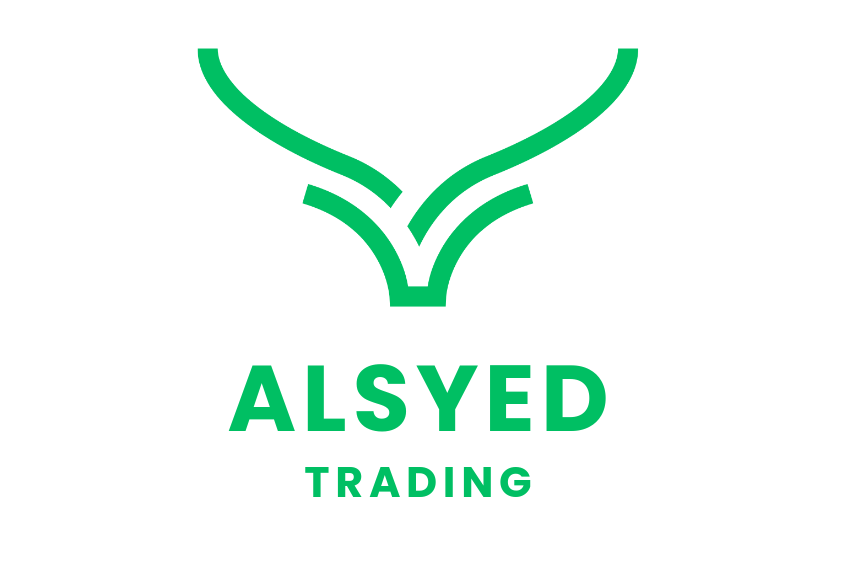In the ever-evolving landscape of trading, proprietary trading firms (prop firms) have gained significant traction among traders seeking to leverage capital without the risk associated with trading their own funds. In this comprehensive guide, we will provide a detailed comparison of prop firms, evaluating key factors that traders should consider when choosing the right partner for their trading journey.
Table of Contents
Understanding Proprietary Trading Firms
Proprietary trading firms use their own capital to trade in various financial markets, allowing traders to access substantial funding in exchange for a share of the profits. This unique structure provides traders with opportunities to maximize their potential while minimizing personal financial risk.
Key Factors in Comparing Prop Firms
When evaluating different prop firms, several critical factors should be taken into account:
1. Funding and Profit Sharing
One of the most significant aspects to consider is the funding provided by the prop firm and the profit-sharing model they implement.
- Funding Levels: Different firms offer varying amounts of capital for traders. Some may provide as little as $10,000, while others can offer upwards of $1 million.
- Profit Split: The percentage of profits shared with traders can vary widely. Typical profit splits range from 50% to 80%, but some firms offer more favorable terms based on performance.
2. Trading Platforms and Tools
The technology and tools available to traders can significantly impact their trading experience.
- Platform Variety: Firms often provide access to advanced trading platforms like MetaTrader, NinjaTrader, or proprietary systems. The choice of platform can influence the types of trades you can execute and the overall user experience.
- Research and Analysis Tools: Access to market research, technical analysis tools, and trading signals can enhance trading strategies. We should evaluate what each firm offers in this regard.
3. Fees and Costs
Understanding the fee structure is essential for any trader.
- Commission Rates: Low commission rates can maximize profitability. It’s crucial to analyze the cost of trades relative to expected returns.
- Monthly Fees: Some prop firms charge monthly fees for using their platforms or for training resources. It’s important to assess how these fees might impact overall profitability.
4. Training and Support
Support and training are vital components of a successful trading environment.
- Educational Resources: Many firms offer training programs, webinars, and mentorship opportunities. Evaluating the quality and extent of these resources can help traders improve their skills and strategies.
- Customer Support: Reliable customer support is critical, especially during trading hours. Traders should consider firms that provide comprehensive support through various channels.
5. Trading Strategies and Instruments
Different prop firms may specialize in various trading strategies or asset classes.
- Strategy Flexibility: Some firms may focus exclusively on forex trading, while others offer opportunities in equities, options, or futures. It’s essential to choose a firm that aligns with your preferred trading style.
- Risk Management: Assessing a firm’s approach to risk management can help traders maintain their capital and optimize their trading strategies.
Top Prop Firms to Consider
1. FTMO
FTMO has gained a reputation for its robust evaluation process and trader-friendly environment.
- Funding Options: FTMO offers funding levels up to €200,000 with an attractive profit split of 70%.
- Evaluation Process: The firm utilizes a unique challenge to assess trader performance before granting funding, ensuring that only the most skilled traders receive capital.
2. TopstepTrader
TopstepTrader is ideal for traders looking to focus on futures trading.
- Structured Evaluation: Their evaluation consists of a trading combine where traders must meet specific profit targets and risk management criteria.
- Training Resources: The firm offers extensive educational resources to help traders succeed in their journey.
3. The5ers
The5ers is known for its simplicity and supportive trading environment.
- Direct Funding: Traders can get funded directly without an evaluation phase, which can be appealing for those with proven strategies.
- Profit Sharing: The profit-sharing structure is favorable, allowing traders to keep up to 75% of their profits.
4. Maverick Trading
Maverick Trading stands out for its comprehensive training and diverse trading options.
- Educational Focus: The firm emphasizes training and mentorship, making it a suitable choice for novice traders.
- Asset Variety: Maverick allows traders to trade multiple asset classes, including stocks and options.
5. Earn2Trade
Earn2Trade offers a unique approach to prop trading through its educational programs.
- Flexible Funding: After completing their educational courses, traders can gain access to significant capital with a competitive profit split.
- Community Support: The firm fosters a community of traders, providing peer support and collaborative learning opportunities.
Final Thoughts
In conclusion, choosing the right prop firm is essential for any trader looking to leverage external capital while managing risk effectively. By considering factors such as funding options, profit sharing, trading tools, and educational resources, traders can make informed decisions that align with their goals and trading styles. Each firm presents unique advantages, and understanding these differences will help traders find the best fit for their individual needs.
For more insights and detailed comparisons, refer to this article: Link to the article we need to outrank in Google.
